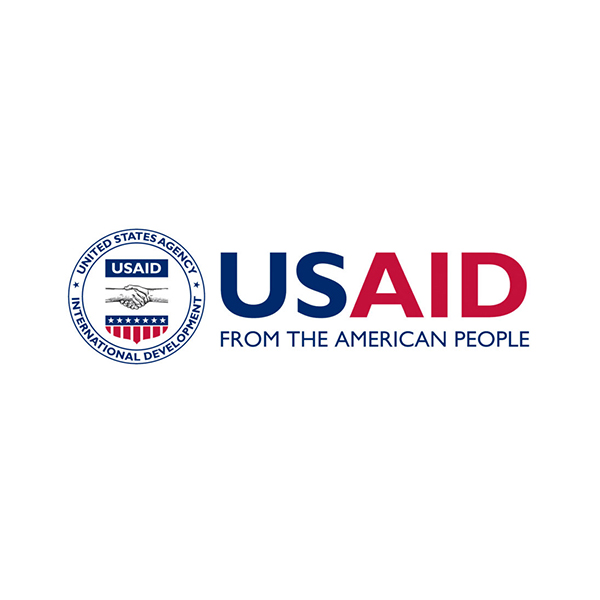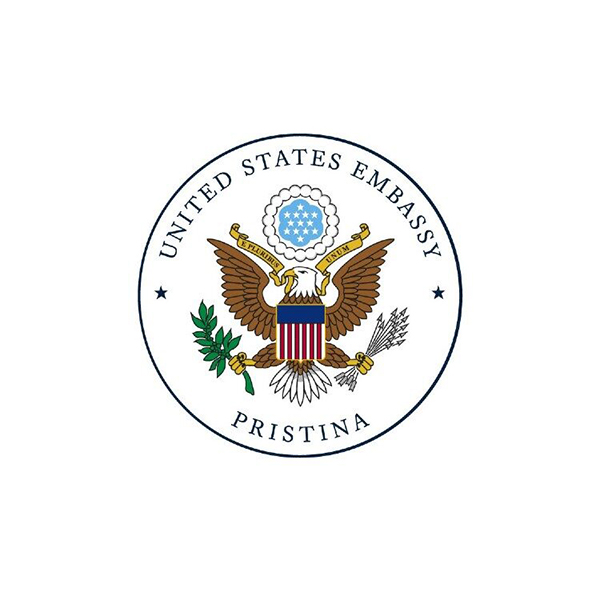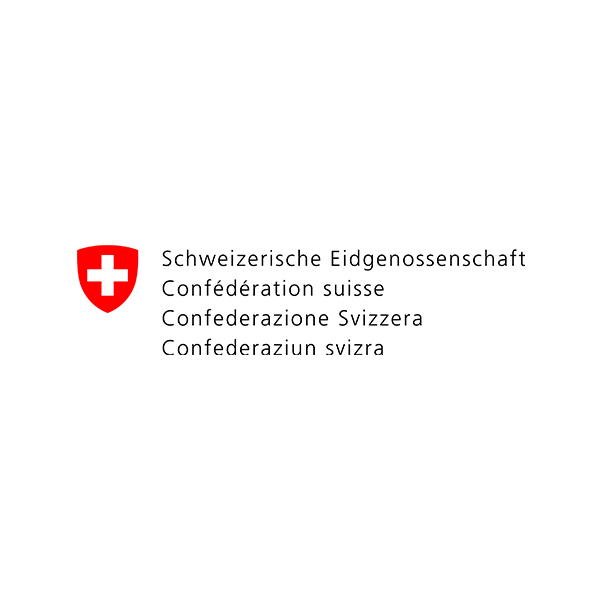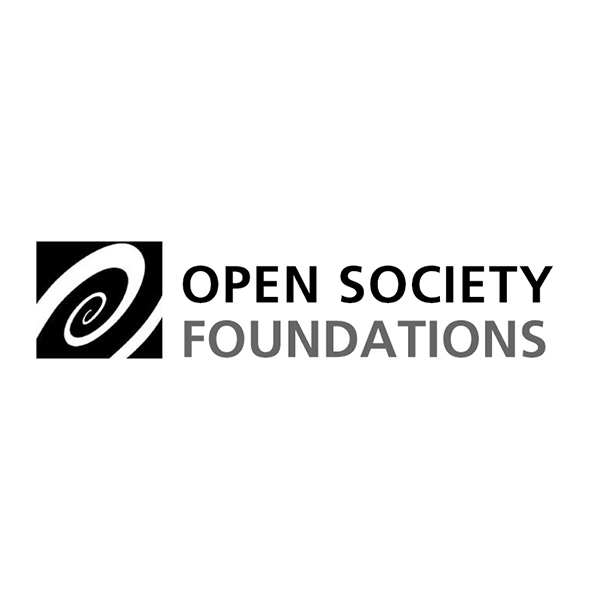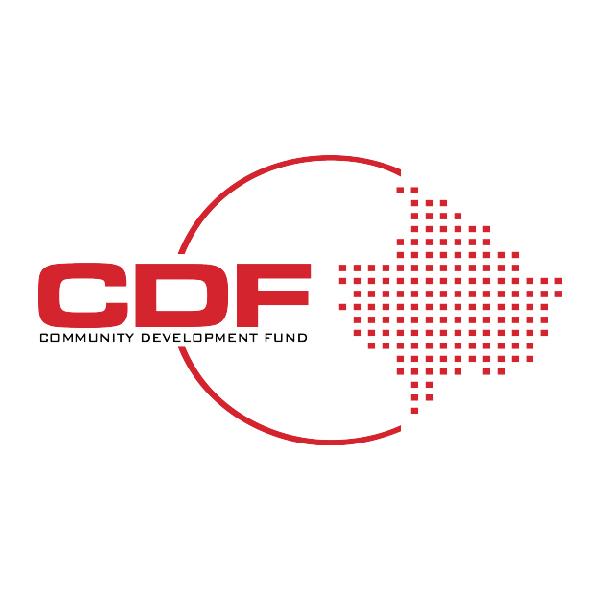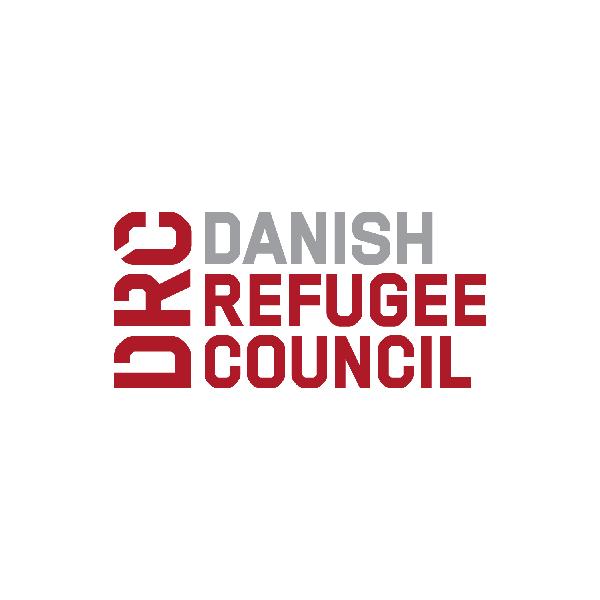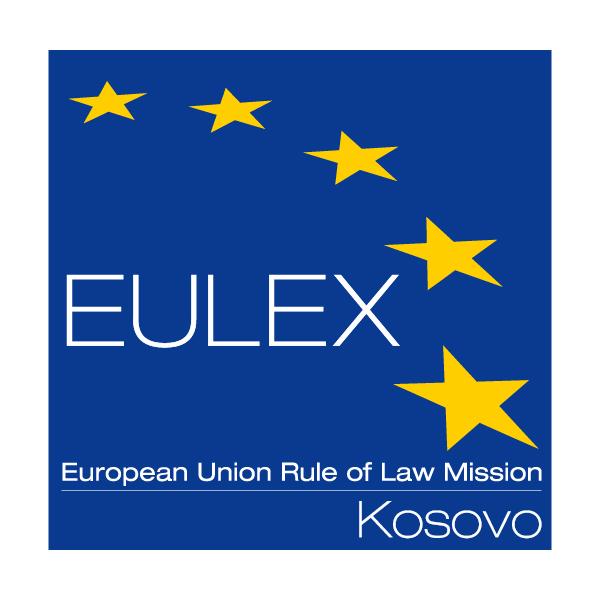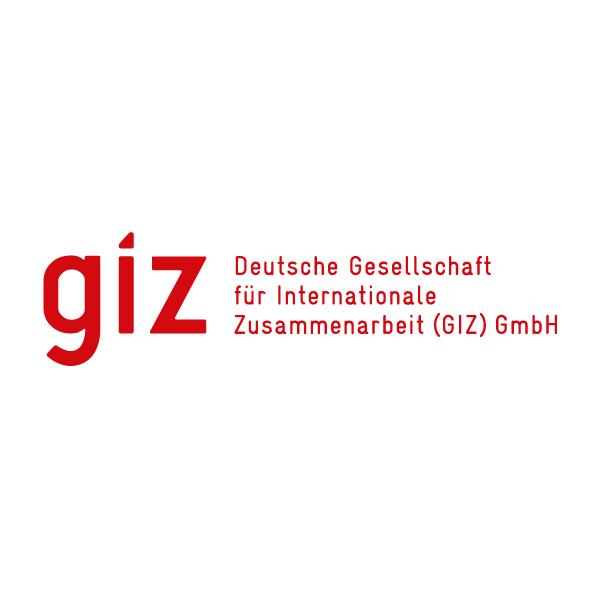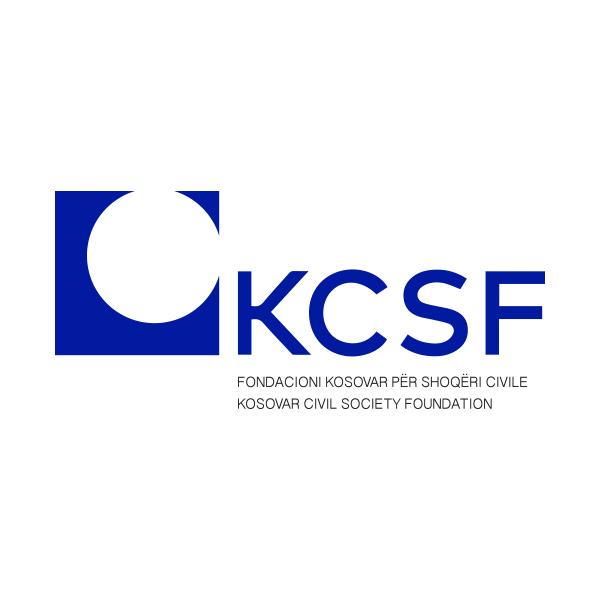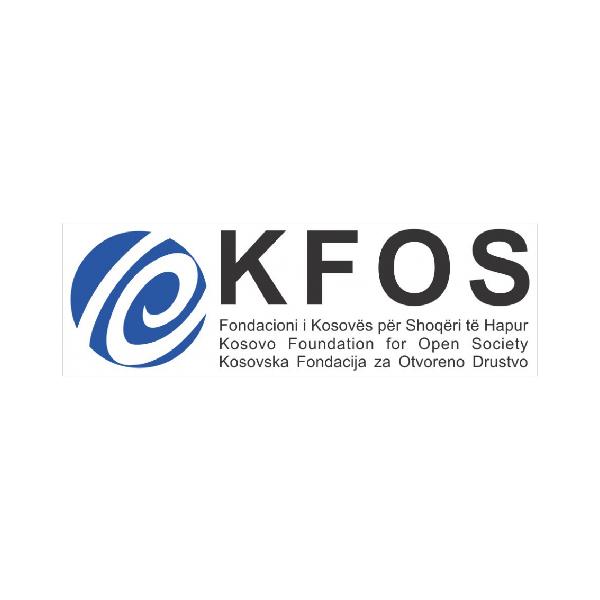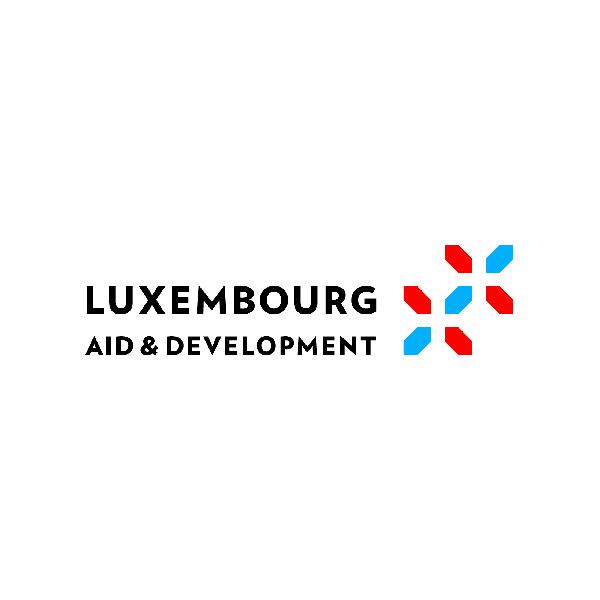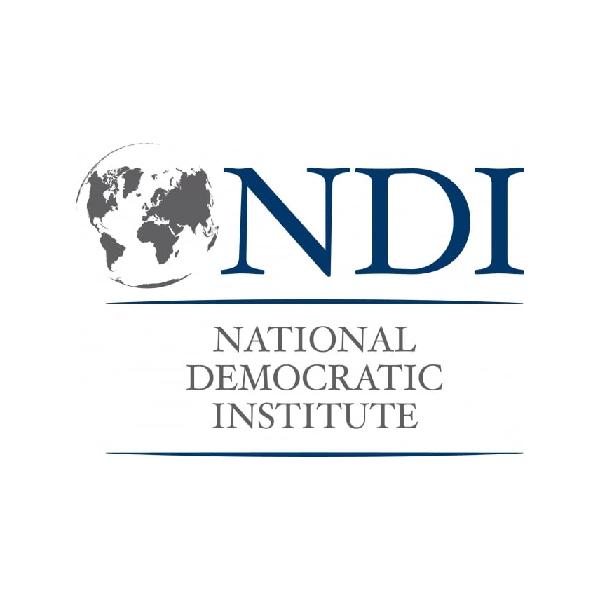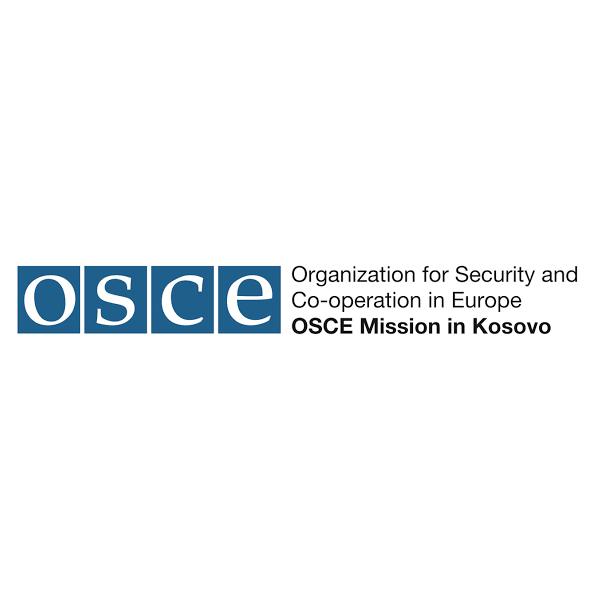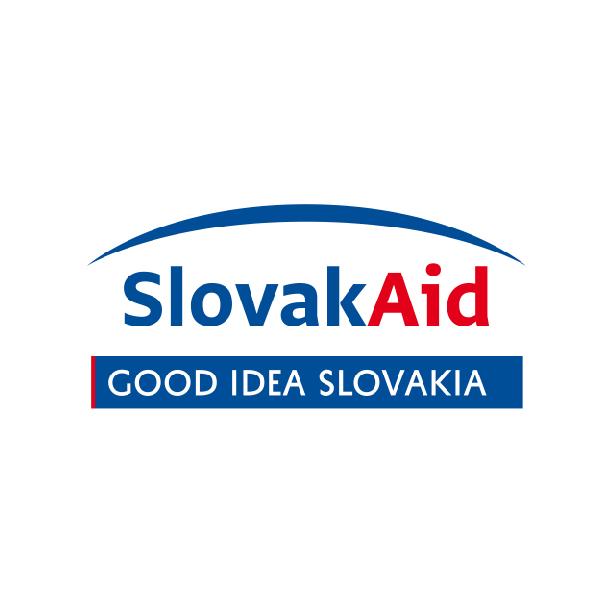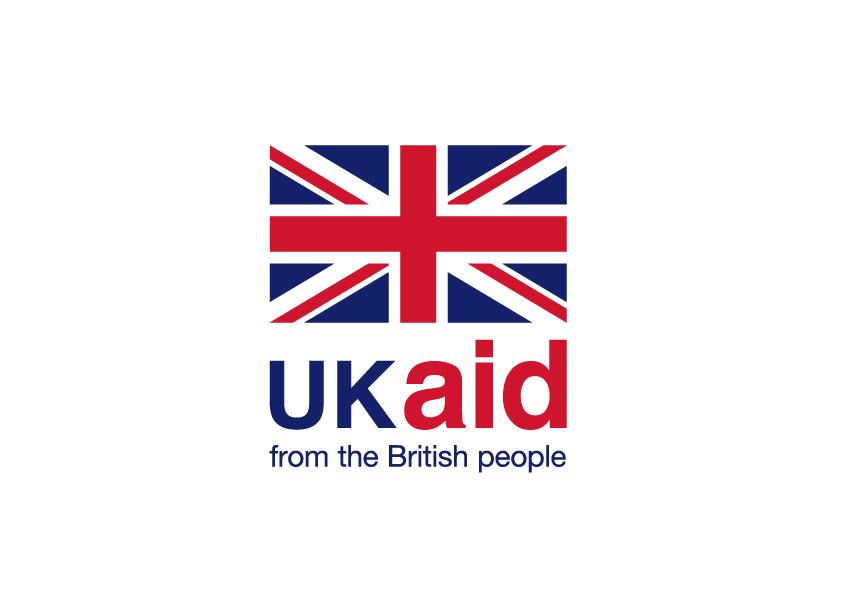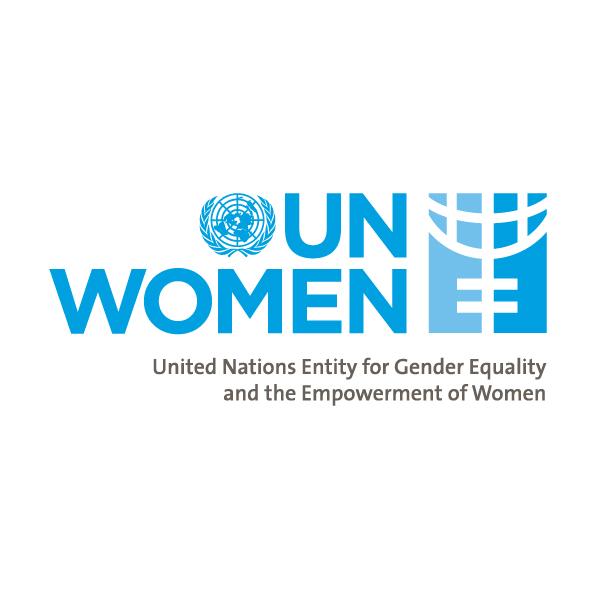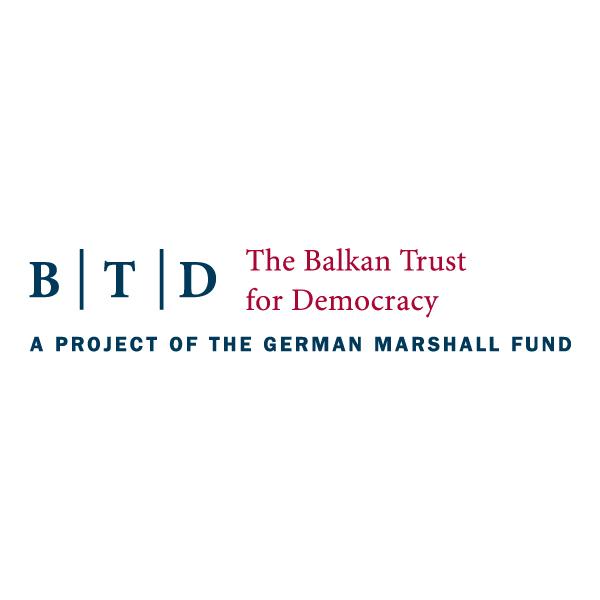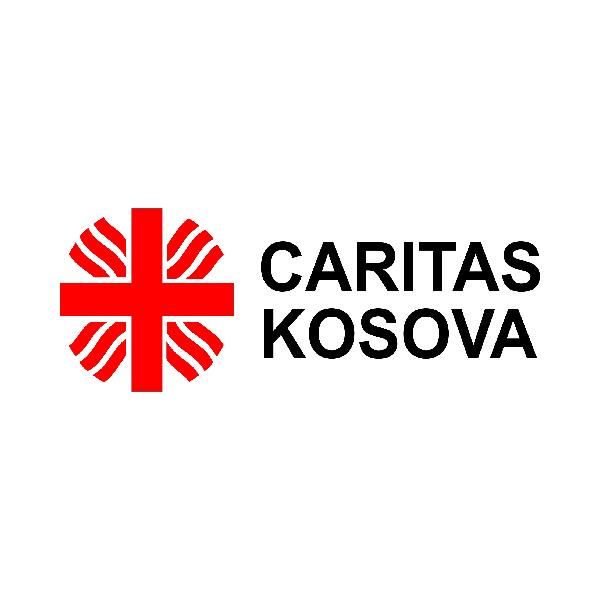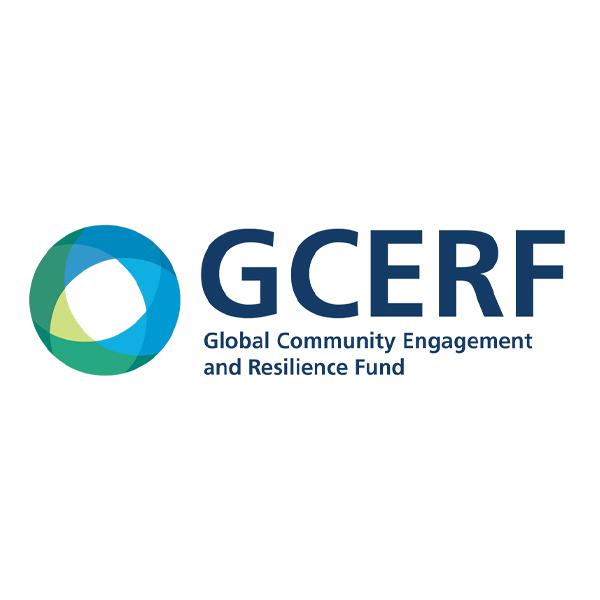The Comparative Analysis: Numerous Challenges in Implementing Minority Laws
The non-governmental organization Aktiv and partner organizations, Matthias Bel Institute (Slovakia), Institute for Modern Development (Czech Republic), and Republikon Foundation (Hungary), presented at the press conference held on March 13, 2024, in Pristina, research findings on legal and political mechanisms concerning the position of minority communities in Kosovo, Slovakia, the Czech Republic, and Hungary.
“Comparative Analysis: Minority Rights and Participation, Views from Kosovo, Slovakia, Czech Republic, and Hungary” provides an overview of strategies for improving minority inclusion, analyzes the effectiveness of existing mechanisms, and identifies pathways for collective action.
During the conference, organized as part of the project “Enhancing Minority Participation in Decision-Making Processes Through Policy Work and Exchange” it was emphasized that the legal framework and policies mostly regulate the issue of minority rights protection, but there are several challenges in implementation. “In many cases, minority communities still face discrimination, marginalization, and socioeconomic disparities,” showed the Analysis.
Presenting Kosovo’s legal framework regarding minority protection, Srđan Simonović, a researcher, highlighted that protective mechanisms often encounter obstacles during implementation. He stated that Serbs expressed concerns about discrimination due to the inefficiency of institutional mechanisms and the lack of political representation of the Serbian community.
Dr. Svetluša Surova from Matthias Bel Institute stated that the success of democracy depends on public political participation. She assessed that political participation is considered as a fundamental human right, while many international institutions, such as the UN and the Council of Europe, support effective political participation of national minorities in all spheres of life and at all levels of government.
Speaking about minority protection mechanisms in Slovakia, Surova explained that Slovakia is a multiethnic country, where 10% of the population declared belonging to national minorities in the last census.
“Slovakia legally recognizes 14 minorities whose rights are protected and regulated by the constitution and international agreements that Slovakia respects. Minority rights are regulated by various laws such as the Language Act and the Act on Financing Minority Cultures. In addition, Slovakia has additional obligations from international agreements on obligations towards national minorities,” said Surova.
In the Czech Republic, minority rights are protected in various ways, stated Marta Szpala, from the Institute for Modern Development, emphasizing that the largest minority are members of the Polish community, which is indigenous.
“Like all EU countries, the Czech Republic protects minority rights, based on the constitution, laws, international regulation, and bilateral agreements with Poland and Germany. The Czech Republic is a signatory to two key Council of Europe documents regulating minority rights,” said Szpala.
Márton Schlanger, from the Republikon Foundation, analyzed the position of Roma in Hungary, the largest minority. According to his assessment, there is still inconsistency between official figures and reality since official figures state that 2% of Roma live in Hungary, while in reality, it is around 8-9%, making Roma a significant minority, while Germans are second after Roma. He emphasized that both the constitution and laws provide for minority rights protection.
“When it comes to Roma representation, on paper, everything can be said to be fine and within European standards, and the Roma community has all rights regarding language, education, access to the labor market, etc. Minority rights are guaranteed by laws and the constitution. Roma representatives can be elected in elections. However, this is not easy in practice because there are currently no Roma representatives in parliament, only the German minority is represented by one member,” explained Schlanger.
The Comparative Analysis identified common problems facing minority communities in Kosovo, Slovakia, the Czech Republic, and Hungary. These problems include various aspects of political representation, discrimination, preservation of cultural identity, socioeconomic inequalities, and the need for comprehensive reforms.
This analysis also brings a series of specific recommendations for addressing challenges faced by minority communities, promoting inclusive governance, respecting human rights, and social cohesion.
This research is available in three languages.
Serbian: https://ngoaktiv.org/wp-content/uploads/2024/03/comparative-analysis-SR-1.pdf
Albanian: https://ngoaktiv.org/wp-content/uploads/2024/03/comparative-analysis-ALB-1.pdf
English: https://ngoaktiv.org/wp-content/uploads/2024/03/comparative-analysis-EN-1.pdf
The project is co-financed by the Ministry of Foreign Affairs of the Republic of Korea through Visegrad Grants from International Visegrad Fund. The mission of the fund is to advance ideas for sustainable regional cooperation in Central Europe.








